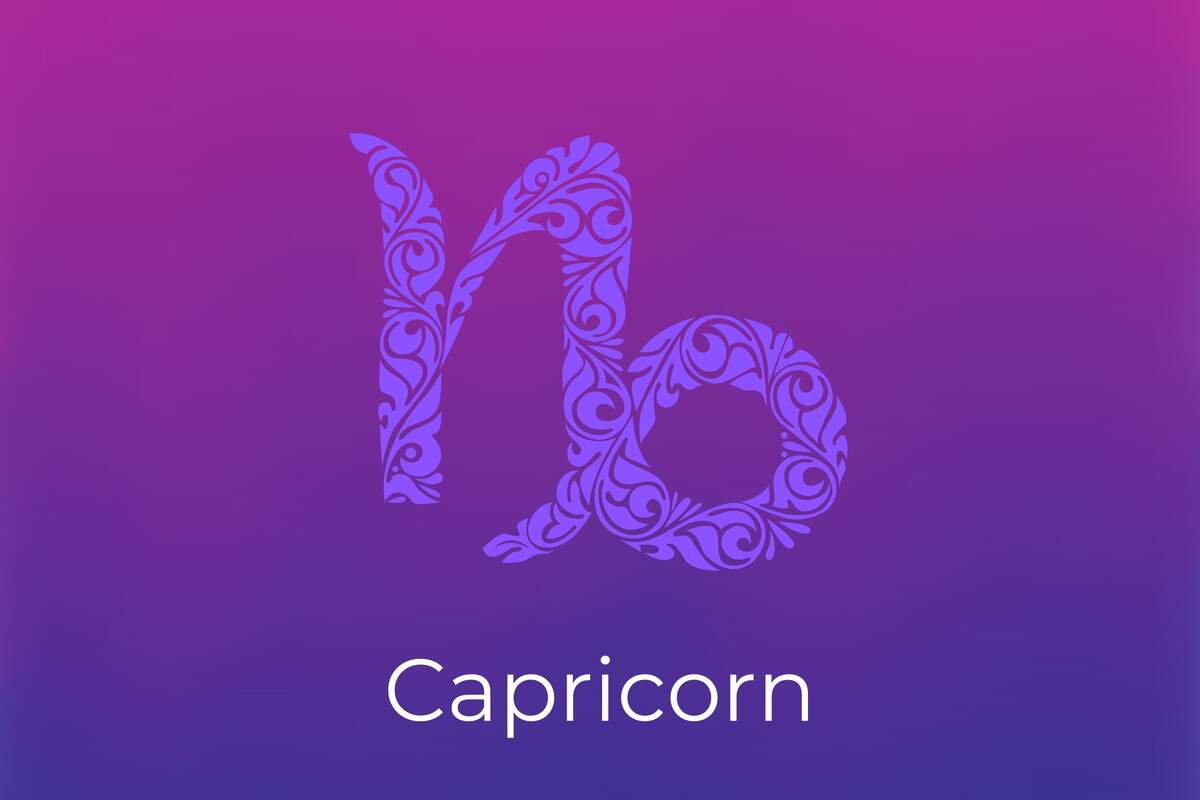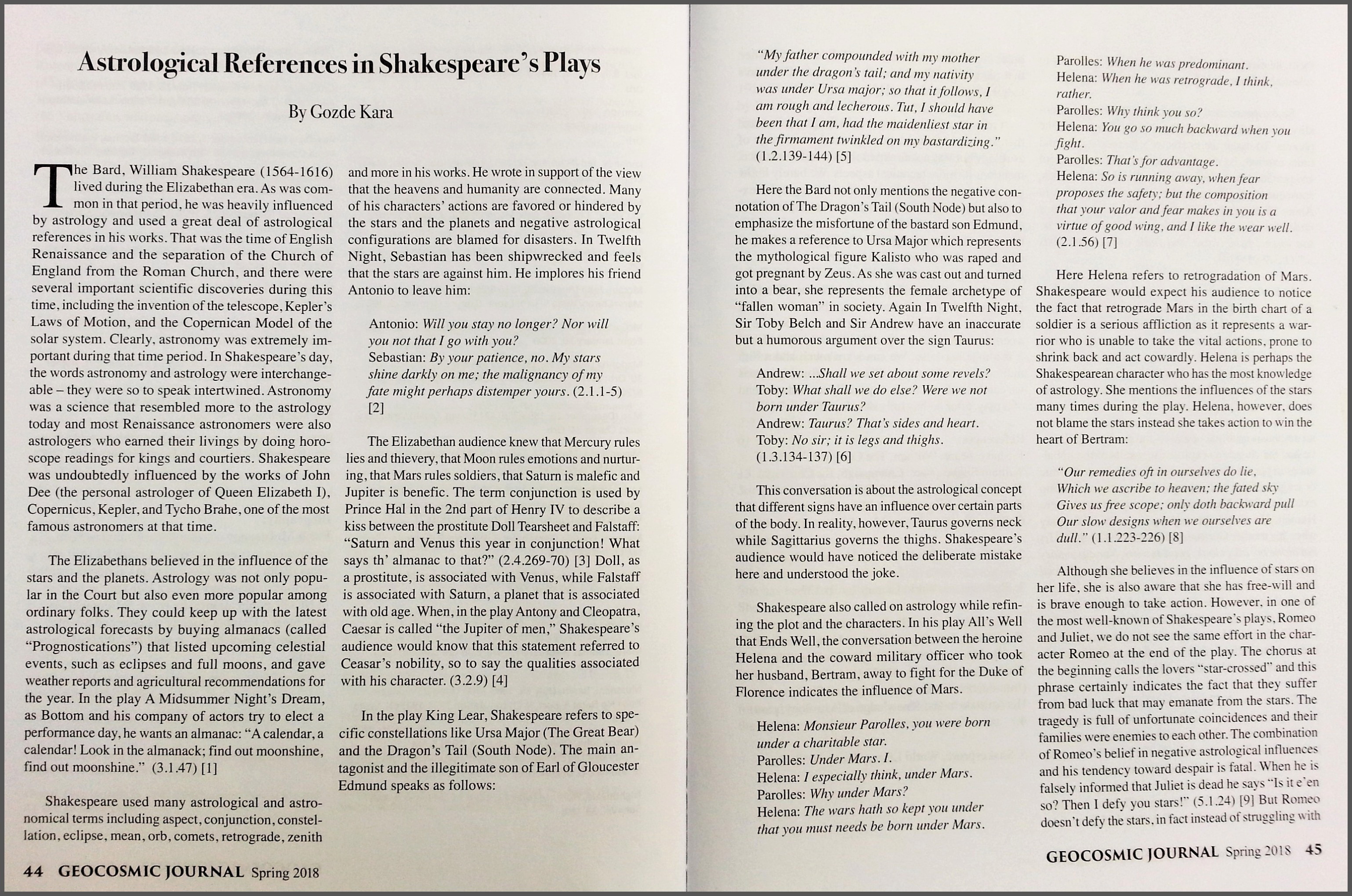

In Shakespeare's Othello, Iago makes sport of his actions while proving himself superior intellectually to those around him.

In plotting his revenge, Edmund reveals that he is a worthy opponent, even though much of his desire for revenge is an emotional response to Gloucester's words. Gloucester ignores any possibility that his youngest son may resent this easy dismissal of both Edmund's birth and his future prospects, but Edmund finds in his father's thoughtless words a reason to destroy Gloucester. Where Edgar is entitled to his father's name, his title, and his property, Edmund is entitled to nothing but the coarse jesting that accompanied his conception. The cavalier attitude with which Gloucester dismisses Edmund's paternity further reinforces the difference between Edmund and Edgar. If so, Edmund's actions reveal a desire for personal revenge. Edmund may also have overheard his father describe the "good sport at his making" (I.1.22). In contrast, Edmund has solid economic and emotional reasons for his actions. In Othello, Iago acts without clear reason, since none of his suggested motives withstand a close examination. Still, Edmund lacks the ill will of another of Shakespeare's villains, Iago, with whom Edmund is most often compared. This resolve is an affront to the nature that Edgar addresses in his opening soliloquy underestimating the force of nature will also prove critical to Edmund's downfall.Įdmund appears to be a villain without a conscience, selfishly driven to secure his own needs. Edmund says that he will take what he deserves through wit, even if he is not entitled by birth. Instead, Edmund supports survival of the fittest, an animalistic nature not based on human morality and common decency. Edmund's willingness to seize what he wants invokes laws of nature, although not the natural laws familiar to Elizabethan audiences in a class-defined society. With base? With baseness? Bastardy? Base, base? (I.2.7-10)Įdmund rejects the laws of state and society in favor of the laws he sees as eminently more practical and useful - the laws of superior cunning and strength.

My mind as generous, and my shape as true,Īn honest madam's issue? Why brand they us Edmund asks why he is not as respected as his brother: But there is no equality under the current law, and Edmund's ideal is not reality. Edmund feels that each brother, equally loved, should share equally in his father's bounty. Edmund's soliloquy reveals his plan to undermine his brother's position by tricking his father with a forged letter, which he presents to Gloucester in this scene.Įdmund also succeeds in convincing Edgar that he's looking out for his brother's safety when he suggests that Edgar carry a weapon as protection from their father's anger - a wrath, Edmund intimates, that's directed toward Edmund.Įdmund's musings offer insight into his unhappiness. In this soliloquy, Edmund figuratively asks Nature why society sees him as inferior to his brother Edgar simply because he is not his father's legitimate firstborn.


 0 kommentar(er)
0 kommentar(er)
